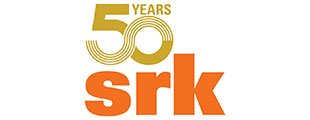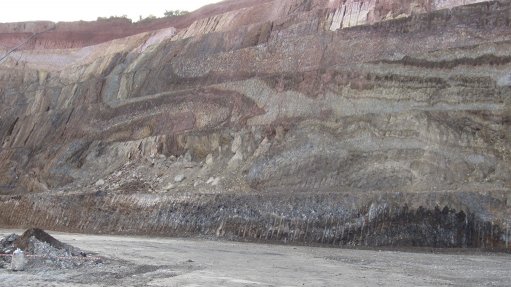
+27 11 441 1111
SRK House, 265 Oxford Road, Illovo, 2196, South Africa

Countries attentive to enforcing compliance


TACKLING LEGISLATIVE LAYERS SRK Consulting’s expertise provides clients with a firm foundation for investment and project decisions over the mine’s life
Consulting engineering and scientist firm SRK Consulting has noticed that more attention is being paid to enforcing regulatory compliance in mining across the African countries in which it operates.
Consequently, it is expected that countries will heavily rely on independent and qualified third parties to verify data and reporting for compliance purposes, explains SRK Consulting MD Vis Reddy.
Mining companies in Africa must focus more closely on their compliance and due diligence matters, as governments take a stricter approach to enforcement.
“There is also an ongoing shift towards responsible mining as a guiding principle, which encompasses responsible sourcing. There is a focus on mines sourcing more services and products [in the country in which they are based], while customers want assurance that the mining supply chain is ethical and sustainable,” says SRK Consulting partner and principal environmental, social and corporate governance scientist Wouter Jordaan.
Meanwhile, governments need to trust the figures that mining companies publish about the extent and nature of their resources and reserves, production and extraction levels, and their costs and revenues, says director and principal consultant Andrew van Zyl.
“This is important to governments, as they receive royalties and taxes, and many have free carried interest in mining projects, which generate a dividend flow.”
It is necessary to have an audit process in place for the independent verification of key factors, such as orebody grades, volumes extracted, ore densities and the amount of minerals mined, so that these figures can be compared with the revenues reported, he adds.
However, the audit standards to which companies are held can vary significantly. While listed companies are closely governed by good practice, many firms are not required to meet high levels of transparency.
If governments think that the information declared might be inaccurate, they engage with third parties that have demonstrated their integrity to conduct various audits.
Van Zyl adds that, while few mining companies will find financial audits or regulatory compliance a challenge, the more demanding aspects of managing risk are issues related to effective communication and consultation with stakeholders such as local communities.
Jordaan explains that, owing to global mining standards, codes and protocols constantly evolving, “the bar is being raised in many respects”.
For example, the recently published Global Industry Standard on Tailings Management has the general aim of allowing for the closer monitoring of all impacts relating to tailings dams, from groundwater to tailings dam stability, as well as social impacts.
“The task of keeping up with changing requirements – from legislation to industry guidelines and best practice – is becoming more onerous for mines,” explains Van Zyl.
However, Reddy explains that auditing and compliance regulation in Africa is relatively low, compared with those of other, more established mining jurisdictions such as Australia, North America and South America.
Rather than investors and developers being asked to meet particularly onerous requirements when working in Africa, the problem may actually arise when certain mining companies do not adequately cover their bases, consequently falling short of compliance when audited by regulators.
Based on SRK Consulting’s experience in the Democratic Republic of Congo, Jordaan says, while compliance is initially driven by legislation, most mining companies recognise that future demands will come from outside the host country.
“Good international practice is the benchmark that commodity consumers are setting for mining companies, so it is not enough to comply in just the countries where they are mining.”
Stakeholders in mining operations depend on the veracity of information and data published by mining companies, which frequently need in-depth reviews by independent specialists.
Such stakeholders include governments, which need to verify reported data; lenders, which are considering support for a venture; and investors, which are considering a stake in a new or expanding project.
Further, an independent review is a basic element of stock exchange requirements, with companies, such as SRK Consulting, playing a key role in underpinning investor confidence.
The independent review process also provides insight from experienced staff providing a fresh perspective, and the process often results in improvements for the company to review, adds Van Zyl. It also provides an opportunity to share best practice from other companies, many of which are based in Africa.
The quality of the technical studies, therefore, needs to go hand in hand with the credibility and reputation of the specialists involved.
SRK Consulting’s base of mining-related expertise makes it possible to provide clients with a firm foundation from which to make investment and planning decisions throughout a project’s life cycle, he concludes.


